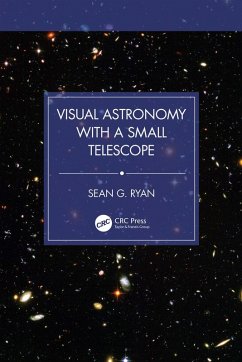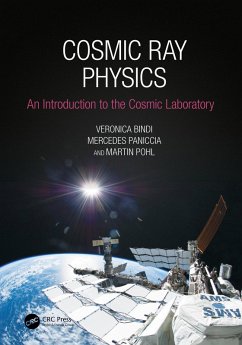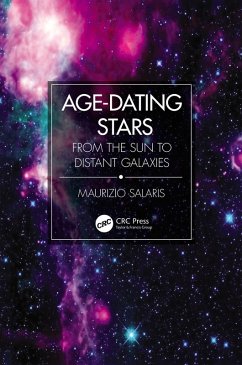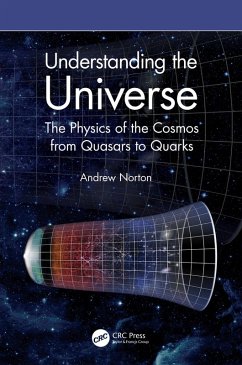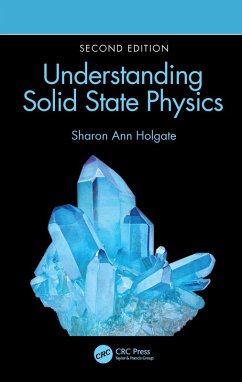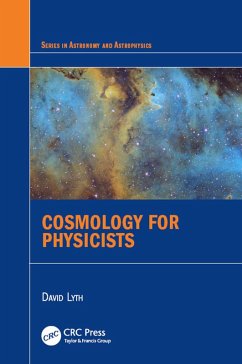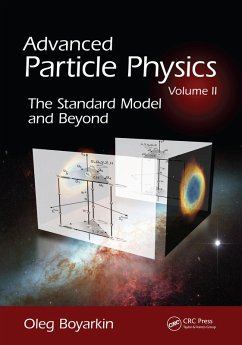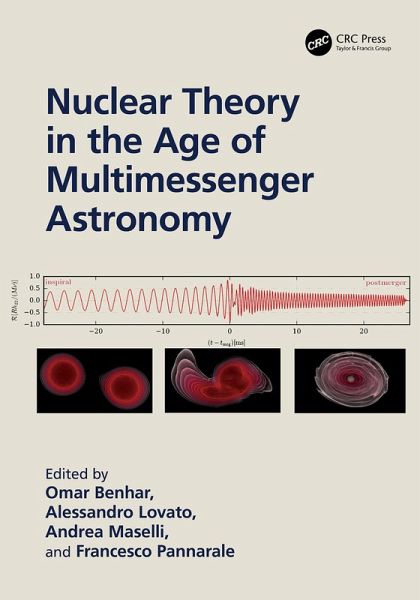
Nuclear Theory in the Age of Multimessenger Astronomy (eBook, PDF)
Versandkostenfrei!
Sofort per Download lieferbar
52,95 €
inkl. MwSt.
Weitere Ausgaben:

PAYBACK Punkte
26 °P sammeln!
Over the last decade, astrophysical observations of neutron stars - both as isolated and binary sources - have paved the way for a deeper understanding of the structure and dynamics of matter beyond nuclear saturation density. The mapping between astrophysical observations and models of dense matter based on microscopic dynamics has been poorly investigated so far. However, the increased accuracy of present and forthcoming observations may be instrumental in resolving the degeneracy between the predictions of different equations of state. Astrophysical and laboratory probes have the potential ...
Over the last decade, astrophysical observations of neutron stars - both as isolated and binary sources - have paved the way for a deeper understanding of the structure and dynamics of matter beyond nuclear saturation density. The mapping between astrophysical observations and models of dense matter based on microscopic dynamics has been poorly investigated so far. However, the increased accuracy of present and forthcoming observations may be instrumental in resolving the degeneracy between the predictions of different equations of state. Astrophysical and laboratory probes have the potential to paint to a new coherent picture of nuclear matter - and, more generally, strong interactions - over the widest range of densities occurring in the Universe. This book provides a self-contained account of neutron star properties, microscopic nuclear dynamics and the recent observational developments in multimessenger astronomy. It also discusses the unprecedented possibilities to shed light on long standing and fundamental issues, such as the validity of the description of matter in terms of pointlike baryons and leptons and the appearance of deconfined quarks in the high density regime.
It will be of interest to researchers and advanced PhD students working in the fields of Astrophysics, Gravitational Physics, Nuclear Physics and Particle Physics.
Key Features:
It will be of interest to researchers and advanced PhD students working in the fields of Astrophysics, Gravitational Physics, Nuclear Physics and Particle Physics.
Key Features:
- Reviews state-of-the-art theoretical and experimental developments
- Self-contained and cross-disciplinary
- While being devoted to a very lively and fast developing field, the book fundamentally addresses methodological issues. Therefore, it will not be subject to fast obsolescence.
Dieser Download kann aus rechtlichen Gründen nur mit Rechnungsadresse in A, B, BG, CY, CZ, D, DK, EW, E, FIN, F, GR, HR, H, IRL, I, LT, L, LR, M, NL, PL, P, R, S, SLO, SK ausgeliefert werden.





